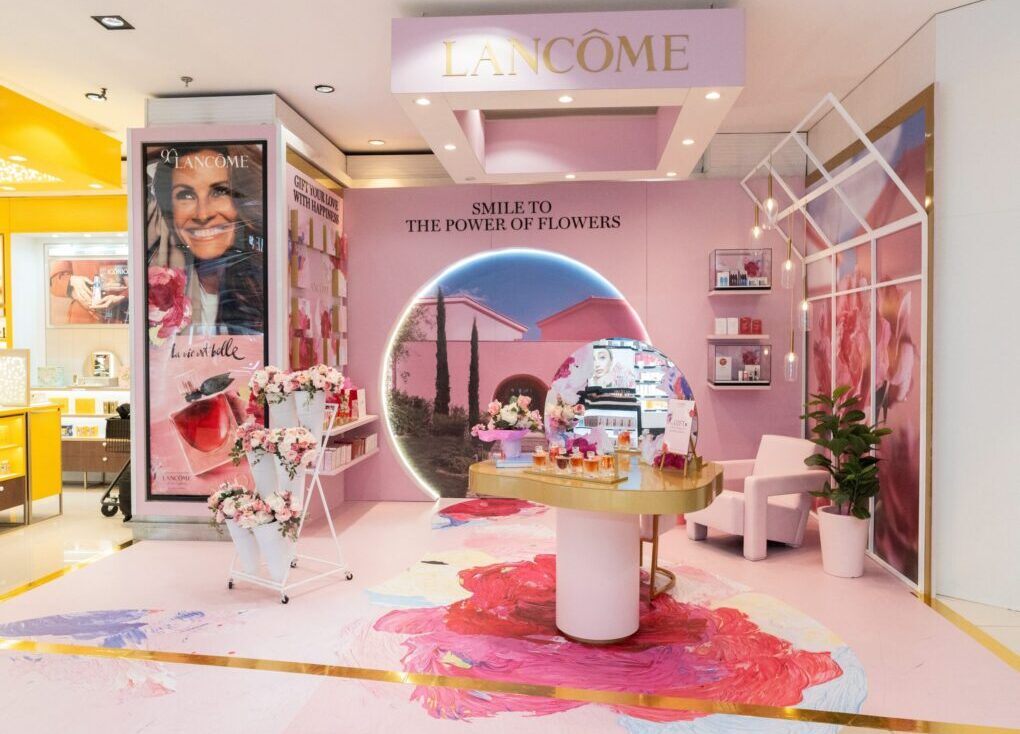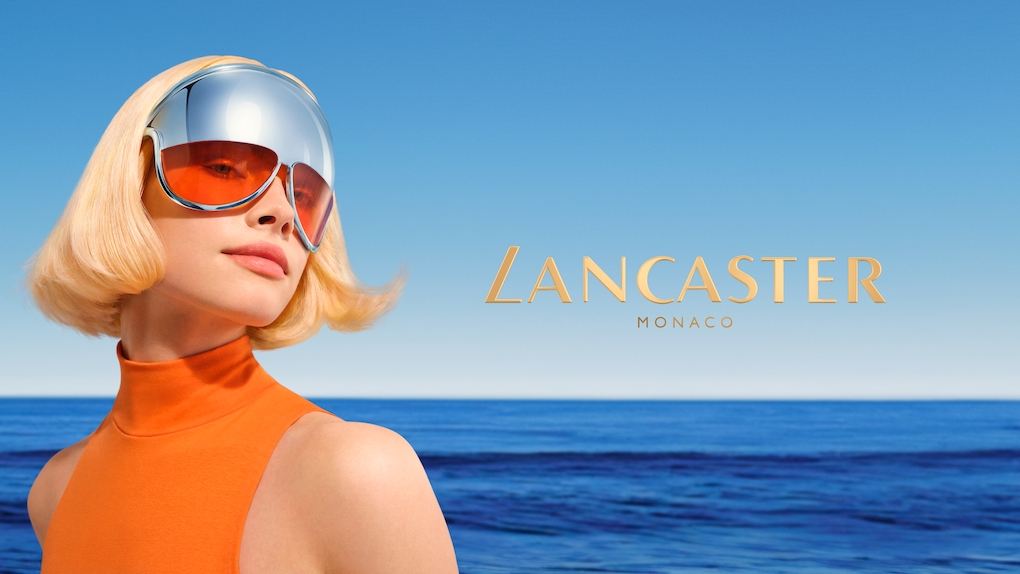US. One of the biggest players in the duty free wine sector, Boisset America foresees a greater accent on quality and destination in the future.
The Boisset group, which is known for its own Burgundy chardonnay and pinot noir wines, as well as the numerous spirits brands it represents, has a large well-balanced portfolio, including wines of the Boisset family plus new world wines. Its wine portfolio includes the Veranda winery from Chile (a 50:50 partnership), Vena Borguese from Uruguay, the Bergsig Estate from South Africa, Palandri from Australia and US brands such as De Loach from the Russian River Valley, Lyeth, Seven Peaks and Joliesse. The group has introduced some radically bold labelling recently.
The 2004 company structure is the result of the merger of three companies: Boisset America, Marie Brizard Wines & Spirits and De Loach vineyards and vinery. The company has a US sales force of 33 people with headquarters in Miami and San Francisco. Boisset is number three in the market in France in terms of wine volume and number one in AOC wine.
Boisset America executive vice-president sales and marketing Hubert Surville told The Moodie Report: “The refreshing issue is that wine is sexy. With Duty Free Americas their volume of wine is growing. WIth DFS we almost have commitment and International Shoppes is going well.
“For many travel retailers wines are still quite new in the store. Their approach is better now than it was before and it is becoming recognised as a destination product.”
Boisset’s production within the US is also giving the company a market advantage at a time when the value of the US Dollar is -20% down against major currencies. This is also benefiting its spirits portfolio, which includes Mohawk Vodka, Newport, Chaska, Rainbow and other US brands. It also imports Ashbourne Irish Cream Liqueur, Cognac Gaultier, Glayva, Gosling’s Rum and some other niche brands.
The currency factor meanwhile is helping the company keep to its policy of a 60% to 80% margin to retailers. As a producer, rather than a distributor, it is able to get straight to the market – an important factor in what is a low tax market for wines in the US, at US$2.60 per case.
“We are the extended arm of the producer,” said Surville. “The wholesaler takes 20-25%. So being an importer and a producer gives us more margin.”
“The wine market is atomised, with so many names. The product itself has a shorter life and the saving to the consumer is not obvious. But slowly and surely we are seeing increased sales, due to the security situation in airports,” claimed Surville.
On the issue of price points, Boisset says it is vital to know your customers. DFS, for example, will not take anything on shelf for less than US$15 retail price, whereas on the Mexican border US$9.99 can be the highest price paid. Initially International Shoppes at New York’s JFK Airport introduced European wines before switching to more US destination-oriented wines. Premium wine categories (US$7 per bottle and above) represent over 19% of Boisset Americas sales, making a total of 67 million cases and growing.
Boisset says it also puts a lot of work into brochures and educational pieces for retailers detailing all wineries and territories.
“For most travel retailers wine represents sophistication. They take pride in their selection and it is personal. Retailers could do a better job… but it is better than before and they are reaching the right profile,” Surville said.
Travel retail enquiries to Hubert Surville at email: huberts@boissetamerica.com




